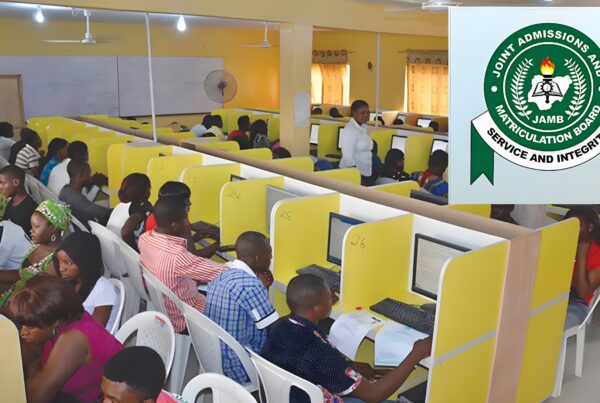The Federal Government has unveiled a revised national curriculum for junior and senior secondary schools, introducing new subjects in digital literacy, programming, artificial intelligence, and entrepreneurship.
The updated curriculum is set to roll out in September 2025.
According to the Ministry of Education, digital literacy and basic entrepreneurship will become compulsory for all junior secondary students. The reforms also integrate coding and robotics into early learning to expose young learners to technology-driven problem-solving from the start.
At the senior secondary level, the expansion goes further. Students will now engage with programming, artificial intelligence, data science, and cybersecurity, taught alongside existing core subjects.
To promote deeper understanding, the curriculum also introduces project-based learning, designed to encourage practical application, creativity, and innovation.
Officials explained that this review is aimed at aligning Nigeria’s education system with global standards while equipping students with critical skills for today’s knowledge-driven economy.
The overhaul responds to longstanding calls from industry leaders urging schools to produce graduates proficient in technology, creativity, and enterprise.
The Ministry added that successful implementation will involve teacher retraining, provision of digital learning resources, and strategic partnerships with the private sector to strengthen infrastructure for digital education.
Education experts have lauded the initiative, calling it a timely move that will not only prepare Nigerian students for opportunities in the global digital economy but also help tackle local challenges such as youth unemployment and the innovation gap.




